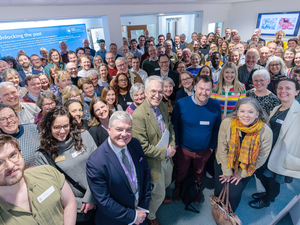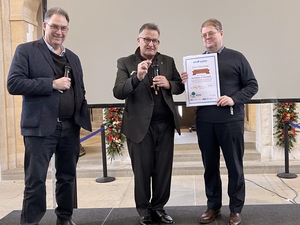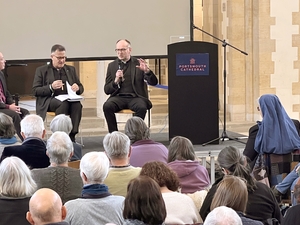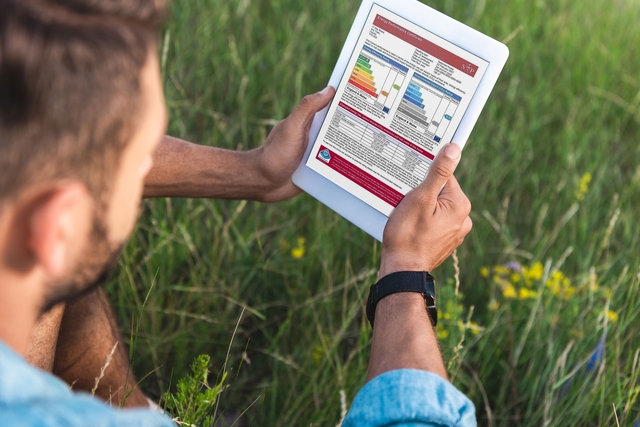
Energy Footprint Tool
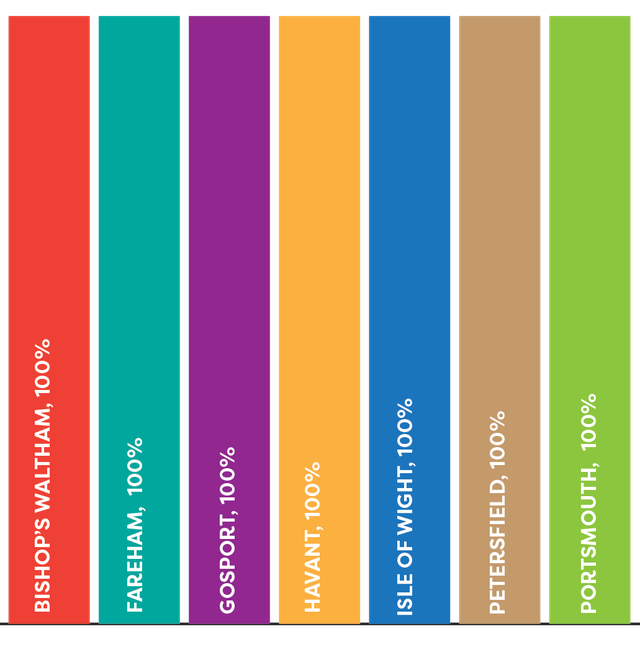
The Church of England’s Energy Footprint Tool (which is part of the Parish Returns system) is used to determine the carbon footprint of each parish, based on their energy usage.
The data collected from the tool helps us to understand each parish’s carbon footprint and will help towards eligibility for grants to help kickstart your net zero projects, as well as meeting certain criteria on the Eco Church survey.
This work is an essential part of caring for God’s Creation, by helping to combat global heating and climate change.
The easy-to-use online tool will tell your church what your carbon footprint is, based on the energy you use to heat and light your buildings. The Energy Footprint Tool will open in January 2025 for churches to submit their 2024 data. You will need your 2024 electricity and gas/oil bills to hand.
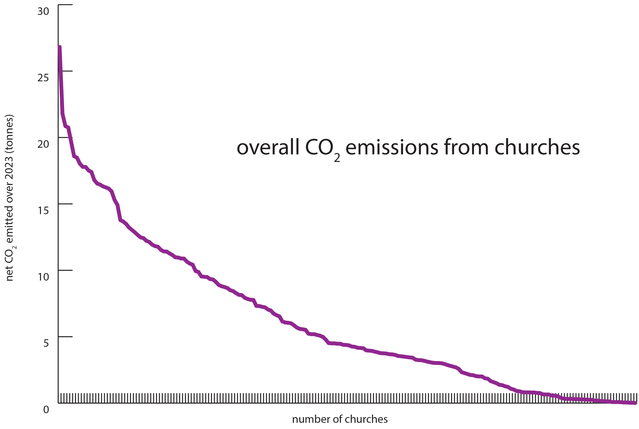
The graph above shows the amount of CO2 emissions from our churches, with the higher emitters starting at the left and moving down to the lowest emitters. We can see that 25% of our churches emitted more than 10 tonnes of CO2 over 2023, and that 50% of our churches emitted more than 5 tonnes. By getting a 100% submission rate with the EFT we can focus on helping the higher emitters, particularly those in the the top 10% that are emitting well over 15 tonnes in the last year.
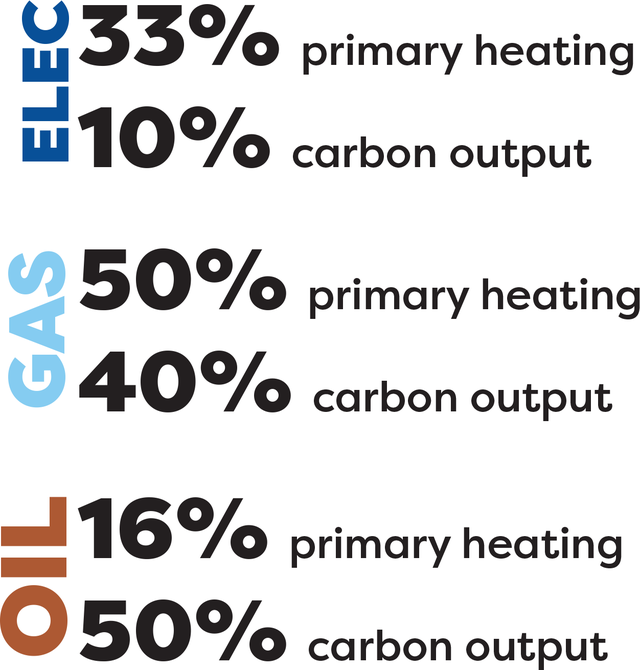
The EFT data has shown us the make up of primary heating sources across the diocese. Half of all church buildings are heated by gas, producing 40% of all church building carbon emissions. Only 16% of church buildings use oil as their primary heating fuel, but that contributes to 50% of carbon emissions. A third of buildings use electricity, which contributes to only 10% of carbon emissions. Changing primary heating systems is a huge and complex project, but these figures show that moving away from fossil fuel-based systems will significantly reduce the amount of carbon emitted by our buildings.
A summary of our EFT data produced by the national C of E environment team showed that church buildings make up 46% of our overall emissions, with housing at 26% and schools at 20%, and the rest travel.
Bishop Jonathan writes:
“Recent global climate events, such as the extreme heat, wildfires and floods in many countries last summer, and the usually high number of storms in the UK this winter, speak more eloquently than I ever could about the need for us to unite and play our part in protecting God’s creation and addressing climate change. Completing the Energy Footprint Tool (EFT) for your parish is an important step you can take in doing that. As well as helping us care for the environment, the data you collect from the EFT will help you better understand your energy use which can help inform net zero action plans and may even make you eligible for carbon-reducing grants.
“Every parish has a responsibility to fill in the EFT. It doesn’t really matter who it is – the PCC Treasurer, Church Warden or Administrator – as long as one person is assigned the responsibility of gathering the data and submitting the entry.”
David Cain, Diocesan Environment Officer for Portsmouth Diocese, said: “The Church of England’s General Synod voted in February 2020 for the whole of the Church to achieve net zero carbon by 2030. The vote recognised that responding to the climate crisis is an essential part of our responsibility to safeguard God’s creation and achieve a just world.
“The Net Zero by 2030 programme was then established and as part of this, the EFT has been created to collect data to establish a baseline and help churches locally find out their carbon footprint.
“It should only take about an hour to fill the EFT in and the results will really help a church to kickstart carbon reducing projects as we journey together to reach net zero carbon.”
What do I have to do?
Simply enter your church’s energy figures from the year before. Once you have entered all the data, you will immediately receive a report and results on your computer or smartphone. This includes:
- The church’s carbon footprint in CO2e (carbon dioxide equivalent)
- A simple assessment of your buildings’ efficiency, in graphical form
What do I need to get started?
You will need your utility bills for the year before: electricity, gas, oil, or whichever other fuel you use. When you are completing it in 2025, you need your 2024 bills. If you have solar panels, find information on their generation over the preceding year.
If you want to include a separate church hall or other building, then you need the bills for this too. If you want to exclude an area which is permanently rented out to tenants and sub-metered, you will want this information to hand.
The system closed on July 31, 2024, and will open again for 2024 data in January 2025 until June 30th 2025. You can find it on the online Parish Returns system.
How to fill out the Energy Footprint Tool: A short walk-through
Quick fire questions on the Energy Footprint Tool
Eight Energy Footprint Tool tips for dioceses
Net Zero Carbon Support Officer
Matt is available to help you with completing the Energy Footprint Tool, as well as providing assistance with finding other ways of reducing energy usage and reaching net zero carbon.

Matt Lockwood
Working with the DEO to support parishes with engaging in projects and initiatives to become carbon neutral.
T: 023 9289 9675
E: email
